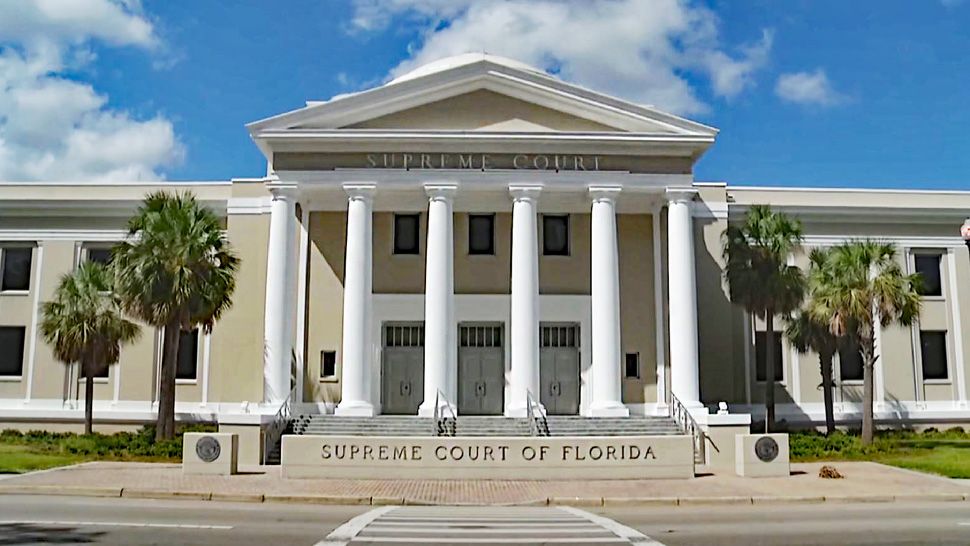TALLAHASSEE, Fla. — Thirty-two people will be considered for a pair of openings on Florida’s Supreme Court.
- Orange, Hillsborough, Volusia candidates apply for Florida high court
- Commission will narrow list, present finalists to Gov. Ron DeSantis
- Some groups are imploring DeSantis to consider minority jurists
- RELATED: Florida Judicial Nominating Commission Starts Process of Replacing Outgoing Justices
The two vacancies were created when President Donald Trump nominated freshmen justices Barbara Lagoa and Robert Luck to fill two federal appeal seats on the Eleventh Circuit Court of Appeal in Atlanta, Georgia.
The Judicial Nominating Commission is expected to interview the 32 candidates and provide Gov. Ron DeSantis with a narrowed list of finalists by January 25, 2020.
State law requires the governor to appoint justices to the bench only from the list of finalists provided by the JNC. The governor can't legally refuse the list nor select someone not on the list.
Although the candidates’ applications have not yet been made available, which would provide insight into their legal experience and financial ties, a preliminary search shows the list of 32 candidates includes 27 judges and 3 attorneys. Racially, the list includes 13 white men, 3 white women, 3 black men, and 2 black women.
At the beginning of 2019, DeSantis came into office with the task of immediately filling three seats on the state’s top court. Leaders in the black community and voting rights groups assailed the commission for failing to present DeSantis with a list of candidates that contained a black jurist to replace the Florida Supreme Court’s sole black justice at the time, Peggy Quince.
A coalition of black state legislators are calling on the JNC to take heed of the criticism and present DeSantis with one or more black candidates.
Some say the governor, not the commission, should have the ultimate authority to decide whether a black justice ought to sit on the state's high court, because the governor is directly accountable to voters, unlike commissioners, who are appointees.
DeSantis rejected calls for him to reject the JNC’s list of finalists in early 2019, saying his appointments of Lagoa and Muniz created diversity on the bench because of their Hispanic ethnicities.



